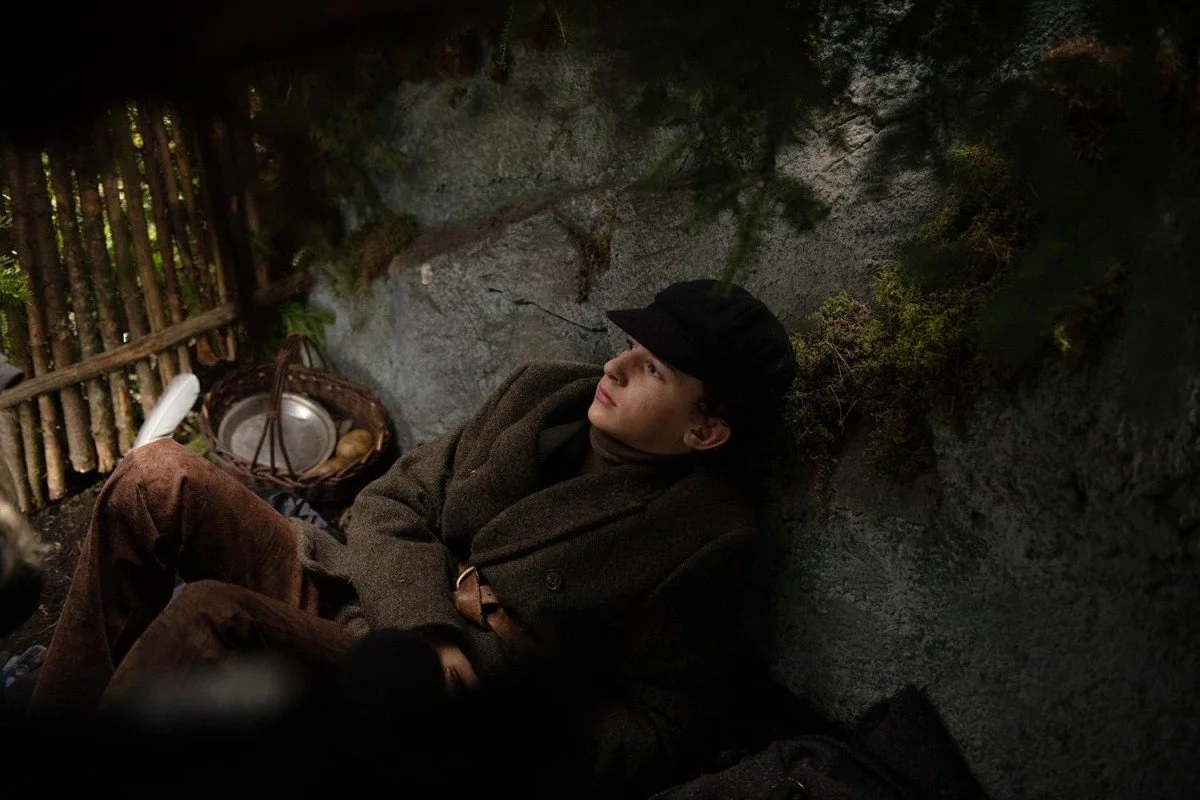The newly adapted Thomas Hardy novel, Far From the Madding Crowd, came to theaters two months ago. Directed by Thomas Vinterberg and starring Carey Mulligan (Bathsheba Everdene), Matthias Schoenaerts (Mr. Gabriel Oak), and Tom Sturridge (Sergeant Francis Troy).
A year and a half later and We’re All Gonna Die Season 2 has officially launched on CraveTV. Being a part of a team and reflecting on all the work that went into the final product are some of my favourite and most rewarding parts of this job. The fact that I get to MAKE FILMS… for a living? Is a privilege and honour that never fails to awe and inspire me.

I had the pleasure of joining the team behind the film THE BOY IN THE WOODS this year with editor Robert Swartz, CCE.

We are SO thrilled and delighted and grateful to the Canadian Academy for honouring WE’RE ALL GONNA DIE (EVEN JAY BARUCHEL) with four Screen Awards:

A put-upon worker snaps out of her passive path thanks to a chance encounter with a charismatic busker…

From Nostradamus to the Book of Revelations, we are a species obsessed with our potential extinction. We're perpetually paranoid about cataclysmic events, and yet we're still here—for now. Jay Baruchel dives into our collective fears to dispel (or in some cases verify) the hype and calculate the odds of apocalyptic events, from nuclear Armageddon to a massive asteroid impact.

follow atshutterspeed here

